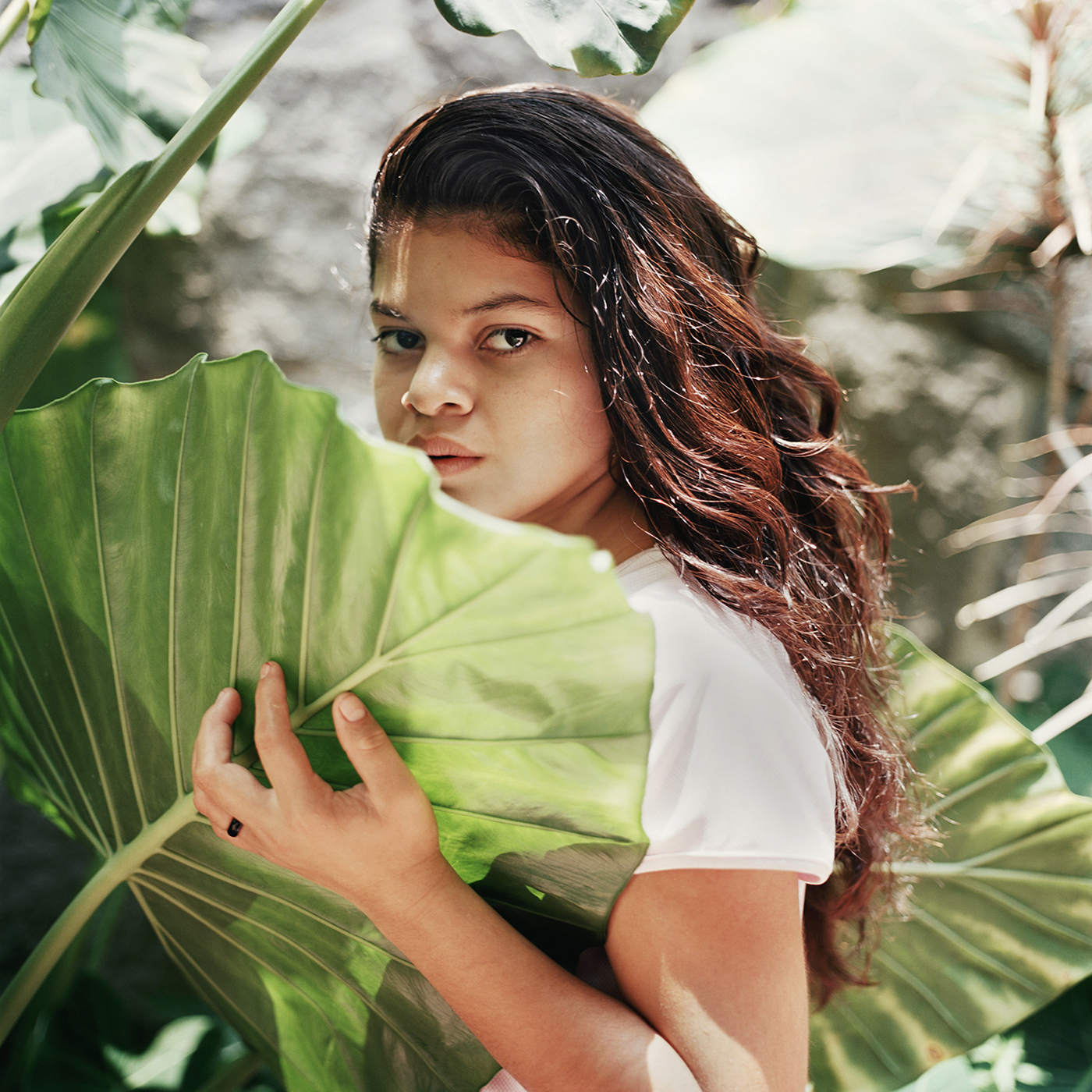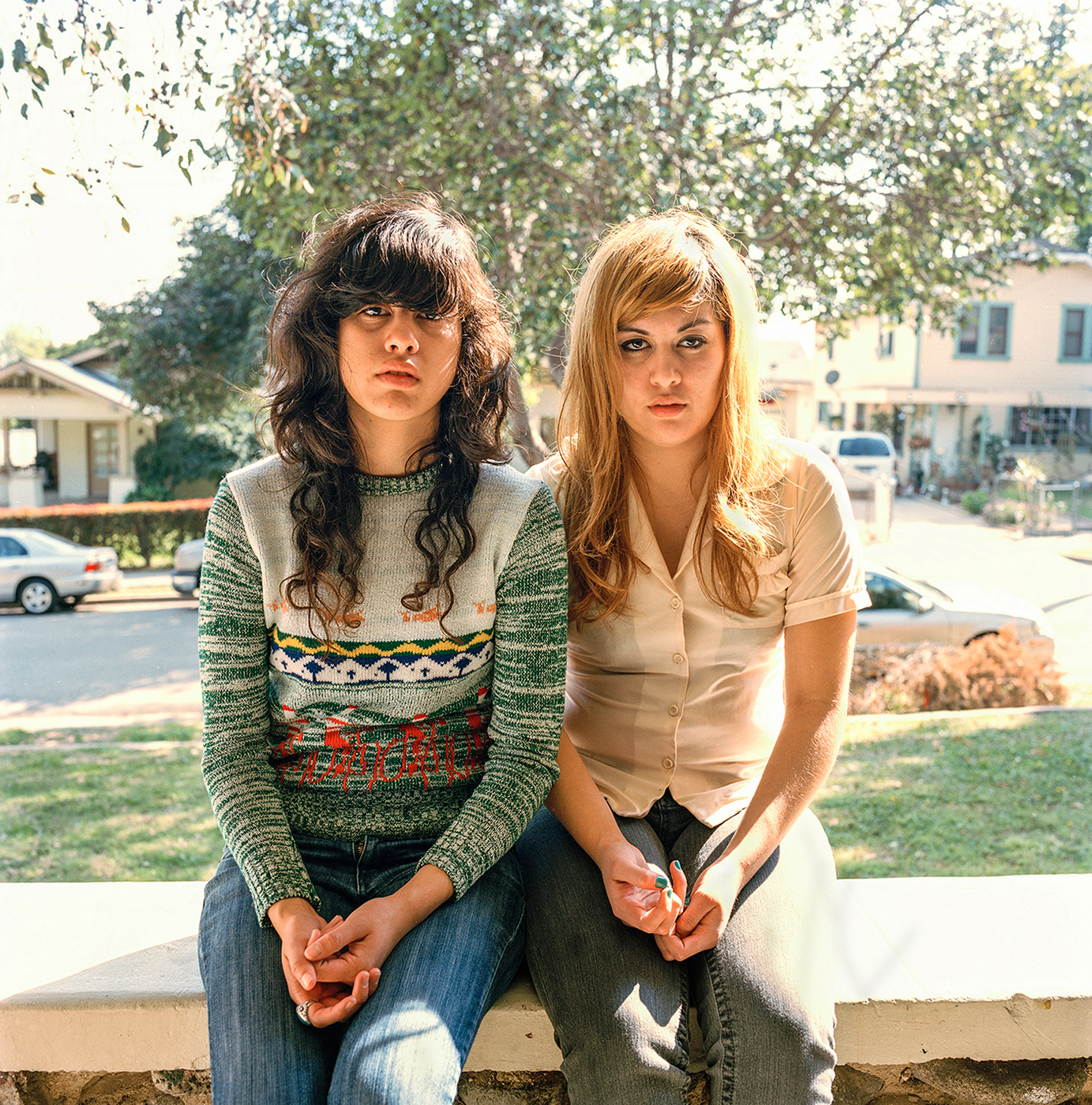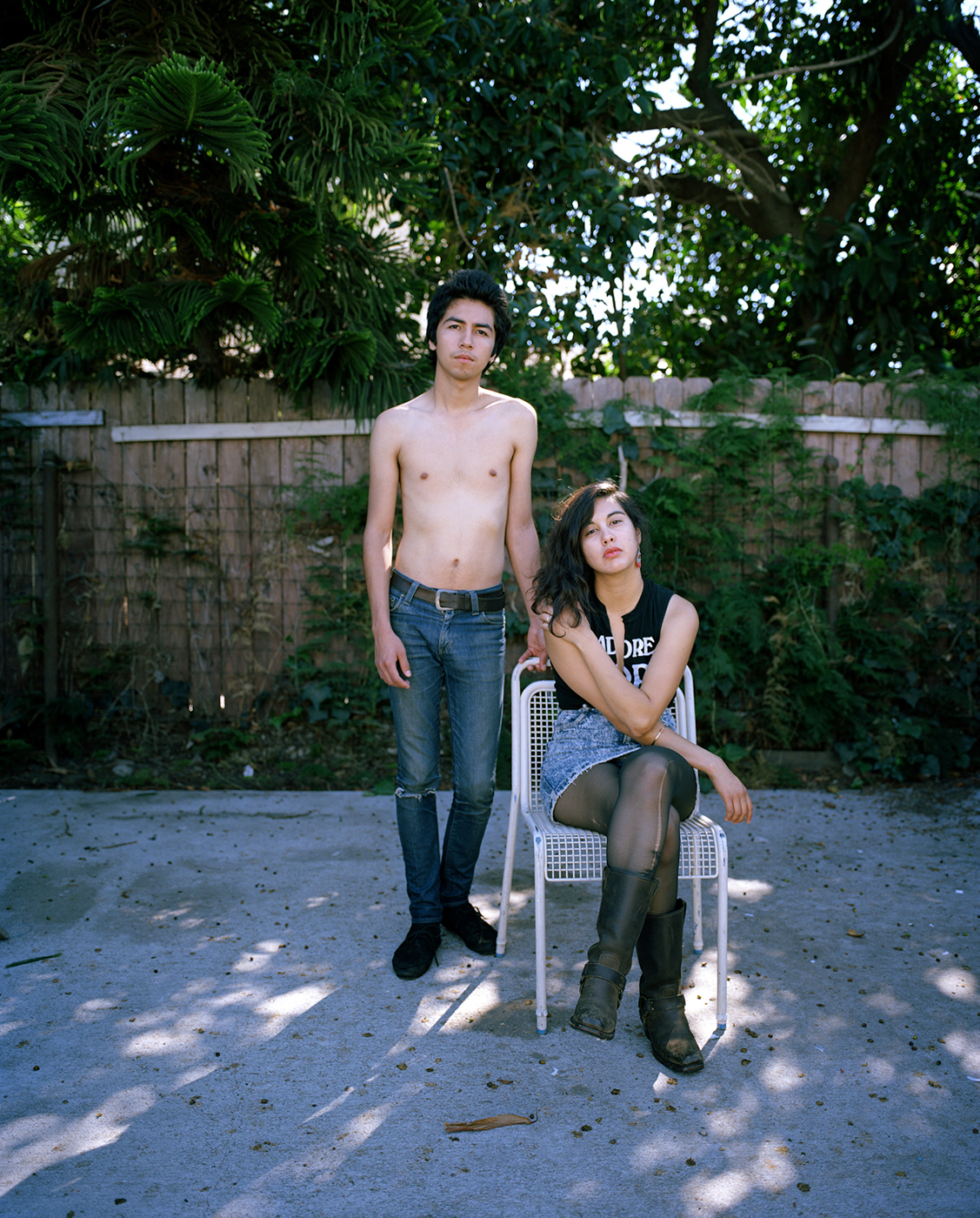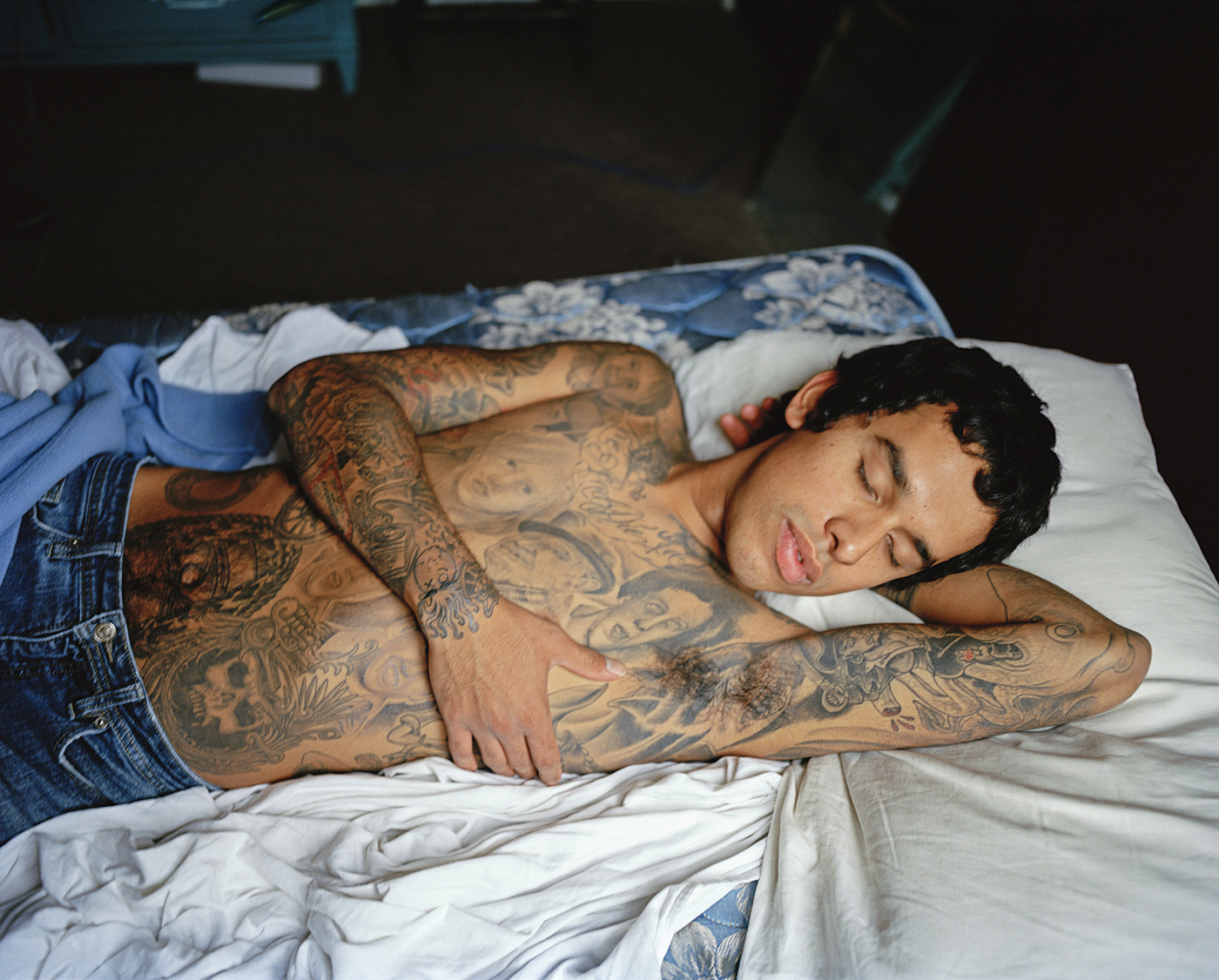






Artist's Statement
Marilyn Montufar
Transcending Identity is a collection of photographs and stories from the road, documenting a journey within two cultures and two countries— The United States and Mexico.
My experience as a Mexican-American is one of straddling two cultures without fully belonging to either. Constructs of identity—both people and place—are integral aspects of my body of work.
I have traveled extensively, documenting the topography of contemporary life on both sides of the border, with a particular focus on marginalized communities. My subjects are friends, family members, and peers as well as strangers who have crossed my path. My personal experiences fueled my artistic practice and inspired me to focus on individual narratives who are underrepresented in the arts —women, immigrants, youth, LGBTQIA communities.
I document the transitions inherent in human relationships through a practice of portraiture and the exploration of the ever-evolving urban and natural landscape. Exploring identity in people’s environments has been an ongoing theme in my photography. Individuals are depicted in intimate environments, such as their homes and neighborhoods. My goal is to share people’s stories, creating a pathway for conversation, compassion and understanding to connect diverse communities.
In 2017, as a reaction to the political climate in the U.S. and as an extension of the series I was already building, I began photographing communities throughout Mexico. The experience opened a window to my own heritage and has allowed me to share a different reality than what is portrayed in mainstream media.
My inspiration for documenting the strength and tenacity of people began at a young age —watching my mother struggle clarified the inequalities that exist for women and especially women of color. Another major influence for my photography was recognizing the impact of watching my uncle battle the societal injustices he faced as a gay Latino male, an experience compounded as a double minority. My upbringing shaped a sympathetic understanding and a drive to tell a story different from the patriarchal norm.

